A Deeper Look Into the Day-To-Day Responsibilities of an Aviation Composite Technician

Aviation Composite Technicians are an important part of the aviation industry. They perform a wide range of tasks that help keep aircrafts in top condition. In this blog post, we will take a closer look at the day-to-day responsibilities of an Aviation Composite Technician.
1. Aviation Composite Technician Job Description
An aviation composite technician is a valuable asset to any aviation organization. The role is complex and requires an individual with a specialized skill set. Aviation composite technicians are responsible for examining, maintaining and repairing composites in aviation aircrafts, such as interior fuselage components, structural sections, wings and small composite parts. Day-to-day responsibilities may include assembly and fitting of components, constructing rudders and control surfaces and designing/building molds for creating customized parts. Employers will prioritize aviation technicians who have experience in the aviation industry as well as hold certifications related to the tasks they will be asked to carry out. Therefore, highly sought after aviation composite technicians possess both technical and soft skills necessary for successful job performance.
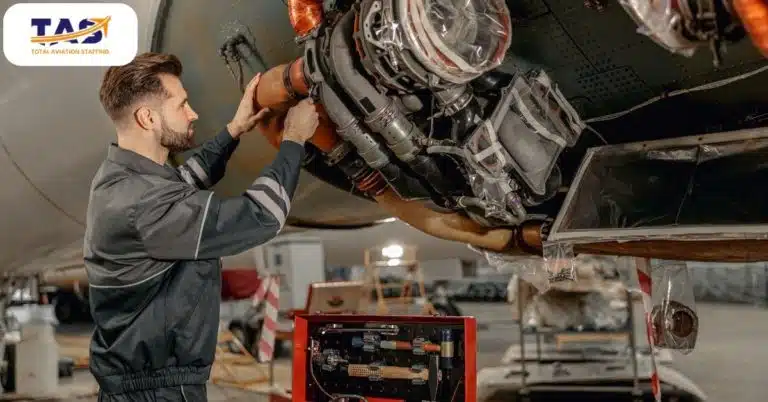
2. A Day in the Life of an Aviation Composite Technician
Aviation composite technicians are responsible for producing, maintaining and repairing aviation parts. A typical day in the life of this aviation specialist includes inspecting composites and aviation parts, preparing composite materials and products, identifying material defects or inconsistencies, conducting routine maintenance and analyzing components. Additionally, jobseekers applying to aviation composite technician positions must be conversant in aviation regulations as they must not only understand them but apply them on a daily basis. For aspiring aviation specialists looking to pursue a career in this field, it is important to foster extensive knowledge of aviation protocol and practices so that you can utilize your skills to the fullest potential.
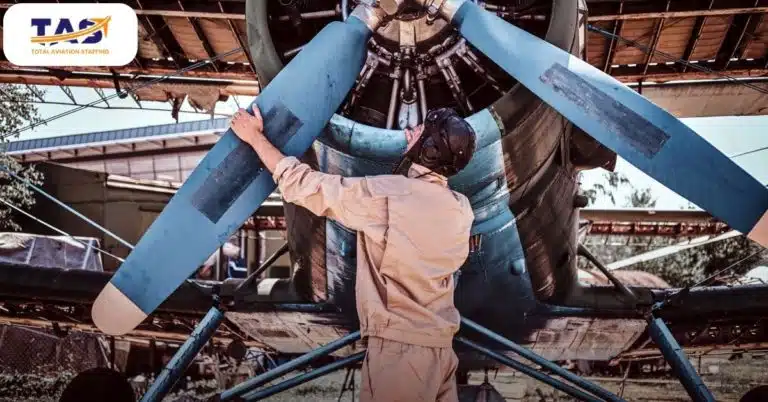
3. Aviation Composite Technician Salary
Aviation composite technicians earn an average annual salary of $54,000 for their work. This is slightly higher than the national median wage for other specialists in this field. The amount of money earned may vary based on experience, educational qualifications and certifications. Additionally, those who specialize in this field can expect to receive performance-based bonuses and other incentives. The salary range for aviation composite technicians can vary from state to state, so it is important to research the current wage scales in your area.

4. What Does an Aviation Composite Technician Do
An aviation composite technician is responsible for ensuring the structural integrity of aviation parts and components. They inspect all parts, identify defects or inconsistencies and conduct repairs as required. They also design molds to create customized composite products, build rudders and control surfaces, assemble and fit components, analyze composites in order to ensure quality and build prototypes. Aviation composite technicians must be conversant in aviation regulations and possess the technical and soft skills necessary to perform their job efficiently. They must have general knowledge of mechanics, engineering and materials science in order to ensure safety when conducting work.
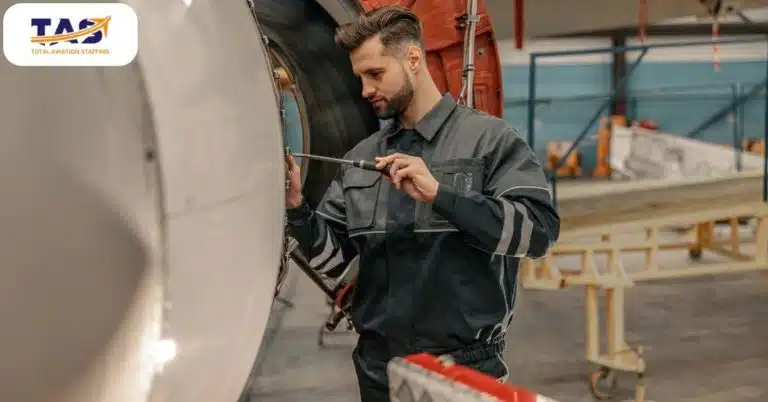
5. Skills Required for an Aviation Composite Technician
Successful Aviation composite technicians must possess strong technical skills in order to complete the tasks mentioned above. They must have general knowledge of mechanics, engineering and materials science so that they can properly analyze components and identify any inconsistencies or defects. Aviation composite technicians also require soft skills such as problem-solving abilities, attention to detail and the ability to read and understand technical manuals and regulations. It is also important for prospective aviation composite technicians to have experience in the aviation industry or be able to obtain certifications related to the tasks they will be asked to complete. Having these qualifications can help increase earning potential and job opportunities. Possessing a working knowledge of the various types of composites, fabrication techniques and aerospace materials can also be beneficial. An aviation composite technician must possess the necessary technical and soft skills in order to ensure safety when conducting repairs or building prototypes. They must also have experience in the industry and remain up-to-date on new regulations so that their work is compliant with industry standards.
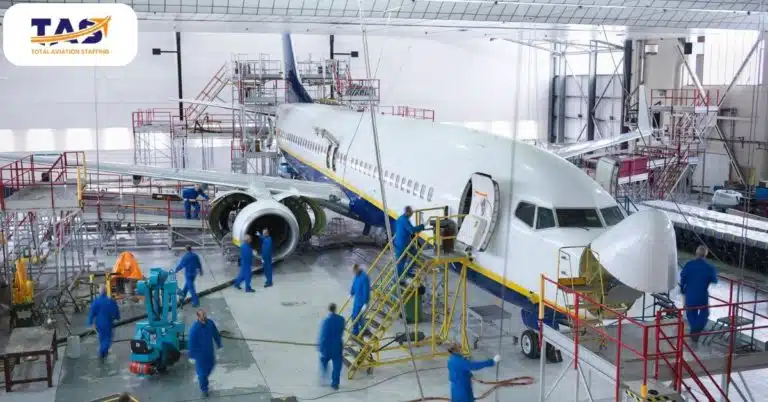
6. Education Requirements for an Aviation Composite Technician
Aviation composite technicians typically don’t require a four-year degree; however, they must have specialized training and certifications. Some employers may prefer candidates who possess an associate’s degree in aviation technology, composites or engineering. In order to obtain certification for an aviation composite technician position, job seekers should attend a certification program approved by the Federal Aviation Administration (FAA). The FAA also offers specialized courses and certifications for those wishing to specialize in specific areas such as airframe repair, composite repair or interior design. In these educational requirements, aviation composite technicians must have knowledge of industry regulations and technological advancements in order to remain compliant with safety standards. They must also possess the necessary technical and soft skills to perform their job efficiently and apply problem-solving strategies when needed. With the proper education, certifications and experience, an aviation composite technician can look forward to a rewarding career in the field that offers competitive wages and potential for growth.

7. Job Outlook for the Aviation Industry
The aviation industry is rapidly expanding and job growth forecasts for the next decade are optimistic. The Bureau of Labor Statistics reports that aviation maintenance technician jobs will grow by 6% between 2019 and 2029, which is faster than the average rate of growth across all occupations. With this in mind, there are many opportunities for those seeking a career in aviation composite technology. In addition to job growth, the aviation industry also offers competitive salaries and benefits. According to Pay Scale, the average salary for an aviation composite technician is around $53,000 per year. That being said, salaries can vary depending on experience and location. The job outlook for the aviation industry looks promising. Those with the necessary skills and experience can look forward to a long career in the field with potential for growth and advancement. With the right certifications and training, aviation composite technicians can look forward to good wages and job security.

8. Safety Regulations and Compliance Requirements
Aviation composite technicians must adhere to strict safety regulations and compliance requirements in order to ensure the safety of aircraft. The Federal Aviation Administration (FAA) sets the standards for aviation safety and has a comprehensive list of rules that all technicians must obey. All technicians are required to be certified by the FAA, which requires Aviation Maintenance Technicians (AMTs) to pass a series of tests, including the Airframe and Powerplant Certification Exam. Additionally, AMTs must complete recurrent training and be up-to-date on FAA regulations in order to maintain their certifications. In addition to FAA regulations, technicians must also follow any safety protocols set forth by their employers.
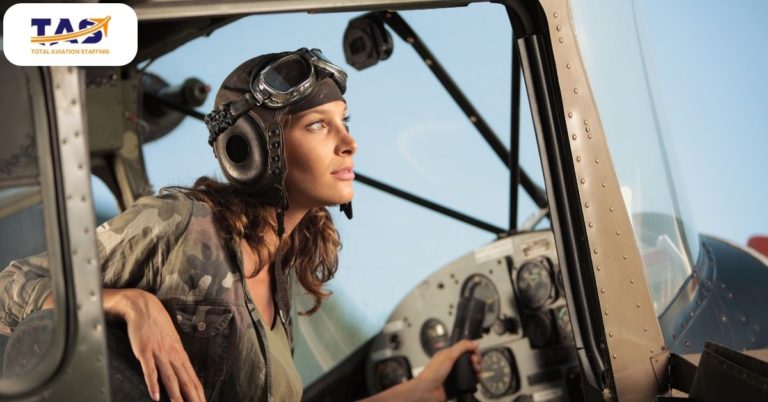
9. Troubleshooting and Problem Solving Skills
Aviation composite technicians must have excellent troubleshooting and problem-solving skills in order to be successful in the field. Due to the complexity of aircraft systems, technicians need to be able to identify potential issues quickly and efficiently. Technicians must also possess a thorough understanding of aircraft systems and components in order to diagnose and repair any malfunctions or issues. Technicians should be proficient in the use of diagnostic equipment and have the ability to interpret complex schematics and diagrams. A great deal of problem-solving takes place on the job, so it is important for technicians to possess a strong aptitude for solving technical issues in a timely manner.

10. Communication Skills Necessary to Be a Successful Aviation Composite Technician
In addition to technical skills, aviation composite technicians must also possess strong communication skills in order to be successful and an effective team member. Technicians must be able to communicate clearly and effectively with their colleagues, management, and customers in order to ensure that everyone is on the same page. They should also be comfortable explaining complex concepts in layman’s terms. Communication skills are essential for easy collaboration and successful team projects, so technicians should be able to effectively communicate their ideas in order to get positive results. A career in aviation composite technology requires technical knowledge, attention to detail, and a commitment to safety compliance. In addition, problem-solving and communication skills are essential for success in the field. With a commitment to continued learning and a dedication to excellence, aviation composite technicians can look forward to job security and advancement opportunities.
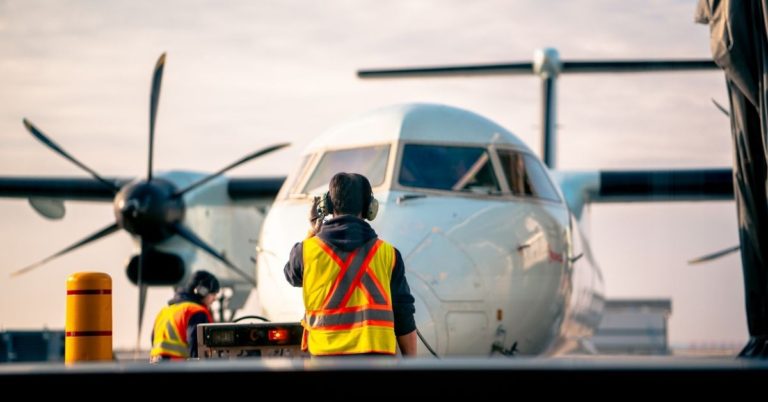
In Conclusion
A career in aviation composite technology is a great option for those who are looking for an exciting and challenging job with potential for growth. With the right certifications and training, technicians can look forward to good wages and job security while working on some of the most advanced aircrafts in the world. Additionally, they must possess excellent troubleshooting and problem-solving skills in order to be successful, as well as strong communication skills in order to collaborate effectively. With a commitment to safety regulations and compliance requirements, technicians can look forward to a rewarding career in aviation composite technology.
